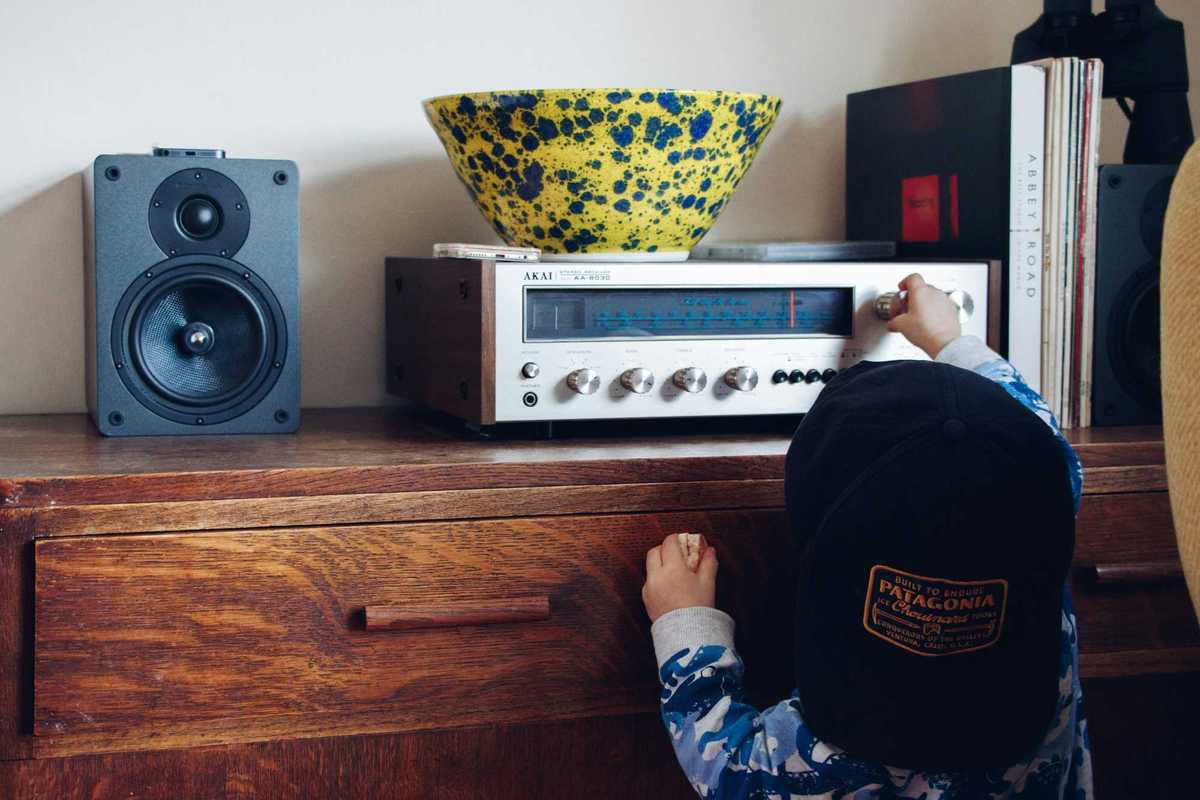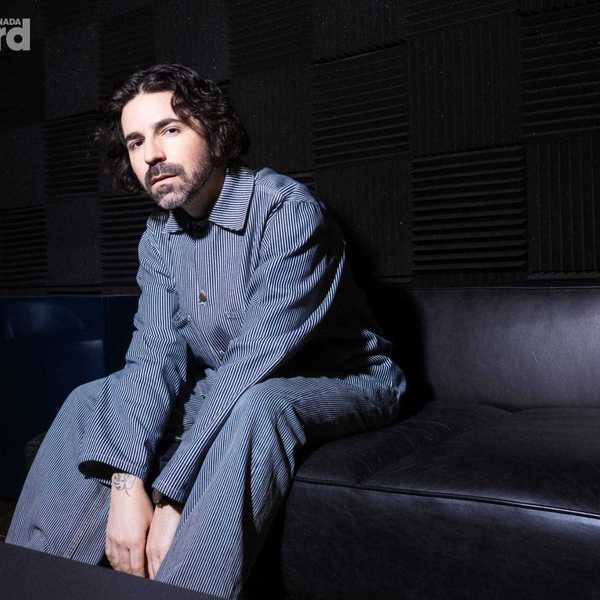The Extraordinary Life And Career Of Quincy Jones
"Jones never goes light and easy. This in many ways is the underlining theme to the new documentary Quincy, tracking his life from his roots beginning in a downtrodden Chicago neighbourhood."

By Bill King
Cultural icons in the flesh have a way of igniting the creative juices in all of us. Most could never keep pace. I was thinking about the workload supreme court justice Ruth Bader Ginsburg has carried her entire life while watching the superb documentary RBG on CNN recently. Few of us could survive or make sense of being on two hours of sleep a night. A rare few would make the sacrifices and drain each day of its maximum return potential. We are half work, half play beings. And play isn’t necessarily play but recharge/reconnect time.
I was thinking about this hearing Quincy Jones talk about the two tortuous years invested making the Oscar-winning film The Color of Purple. Jones never goes light and smooth. This in many ways is the underlining theme to the new documentary Quincy, tracking his life from his roots. They begin in a downtrodden Chicago neighbourhood where, as a juvenile, he survived an ice pick to the face, a stab through the hand, a cringe-worthy belittling and mental suffering mother, racism, extreme poverty and long odds Jones would die forgotten in a rodent-infested back alley.
School band and music programs are first cuts when it comes to contemporary education, yet it was a school program that put brass instruments in young Quincy’s hand. The next moves were up to him. Discovery!
It was the early days of bebop when role models played at fierce tempos across sprawling chord changes and committed the jazz age to a nearby museum. It was Charlie Parker, Bud Powell, Thelonious Monk, Dizzy Gillespie, Miles Davis who mentored Jones through recordings and live performance. One day Jones would return the favour and record and arrange for them. The trumpet was his entry point into a career now spanning seven decades that is unsurpassed.
It was not to be a career tethered to jazz but one that rode contemporary trends and connecting music genres. As Jones would say, “from bebop to hip-hop to laptop.”
Daughter and actor/filmmaker Rashida Jones and jazz drummer Alan Hicks have crafted a wonderfully paced and loving portrait of ‘dad’. Both flawed dad and genius dad. 800 hours of original footage was shot over three years and interspersed with 2,000 hours of archival footage and edited down to two plus hours to run on Netflix and streamed September 21.
Unlike a good many docs of this nature, there are few voices from the outside done in interview form. Instead, you get the actual moments when events occur. Sinatra and Jones recording in the studio. Jones and Nelson Mandela. Michael Jackson and Jones at work on Off the Wall. The camera was always there filming throughout Jones' storied career. There is also the soulful resonating voice of Jones himself. Jones has perfected every subsidiary of modern media. He could easily have a career in documentary/film narration. His words are choice, measured and drop from his tongue like sweet prose.
One of the most telling moments comes near the end of the doc when Jones unveils one of his early notebooks. Not just words scribbled on pages but carefully and neatly scripted records of recordings/arrangements and pay. This is pay for some of the greatest arrangements and sessions ever recorded with the greatest musicians of the time. The dates/names are there and then the bombshell: $10 and $20 for a complete arrangement for sixteen to eighteen players. Recordings that became the very heart and soul of many African Americans turntables.
In another binder, Jones makes quick decisions who to hire no matter the engagement by scanning through his records. When he makes the call, they say yes, whether Stevie Wonder, Herbie Hancock or a Lady Gaga. That’s how it works with an icon. This can only happen with a person with genuine people skills, integrity and immense clout.
The in-waiting wives with whom he rarely crossed paths as marriages became secondary to career. The seven mostly sidelined children are now back in focus. A brain aneurysm nearly killed and robbed him of his memory. A massive blood clot said to be the caustic reflex of multiple, and long airplane flights and a diabetic coma brought on through heavy drinking could have stopped Jones well short of his 85th year.
Sitting just ten feet west of Jones, I thought about that during the screening and would occasionally look over and observe Jones' expressions. 29 Grammy Awards, seven Oscar nominations, Ray Charles, Count Basie, Ella Fitzgerald, Michael Jackson, Frank Sinatra, The Quintessence, The Dude, Back on the Block, Off the Wall, Thriller, Genius + Soul + Jazz and I saw nothing but a big broad smile.

















